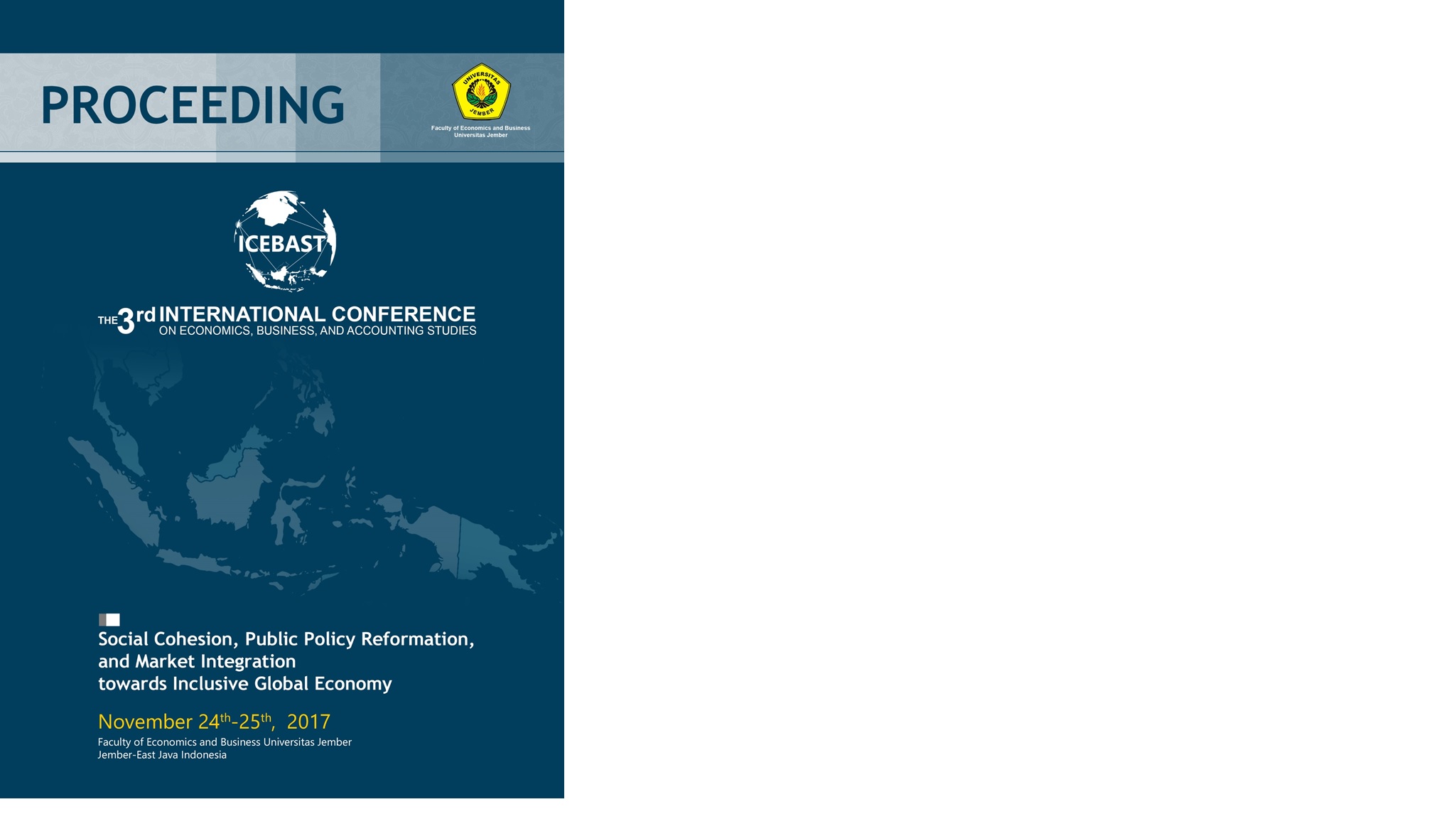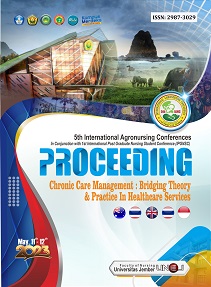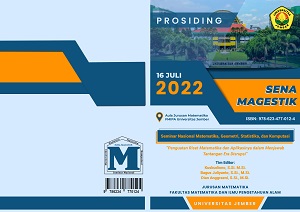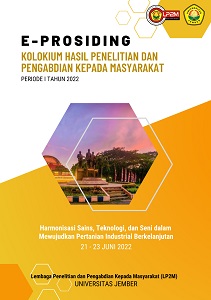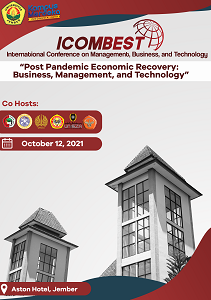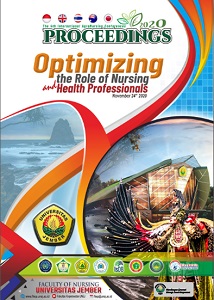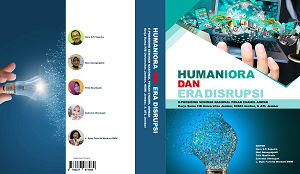THE IMPLEMENTATION OF DRINKING WATER SUPPLY SYSTEM IN REGIONAL AUTONOMY ERA
Abstract
The poverty indicator is not only a result of shortcomings in meeting minimum physical needs, but also because of low accessibility to infrastructure provision, including clean water or drinking water. Indonesia has a policy to meet the access of safe drinking water. The coverage of drinking water services in Indonesia is still low (less than 50%) and it requires the acceleration of Drinking Water Supply System (DWSS) development to achieve 100% of the target of National Medium Term Development Plan and the target of Sustainable Development Goals (SDGs) in 2019. Therefore, a specific study is needed to see the implementation of drinking water supply system (DWSS) in the era of regional autonomy in order to achieve 100% safe drinking water supply. The method of analysis used is descriptive method by exploring the existing condition in the provision of drinking water based on secondary data and by analyzing regulation in the implementation of water supply.

